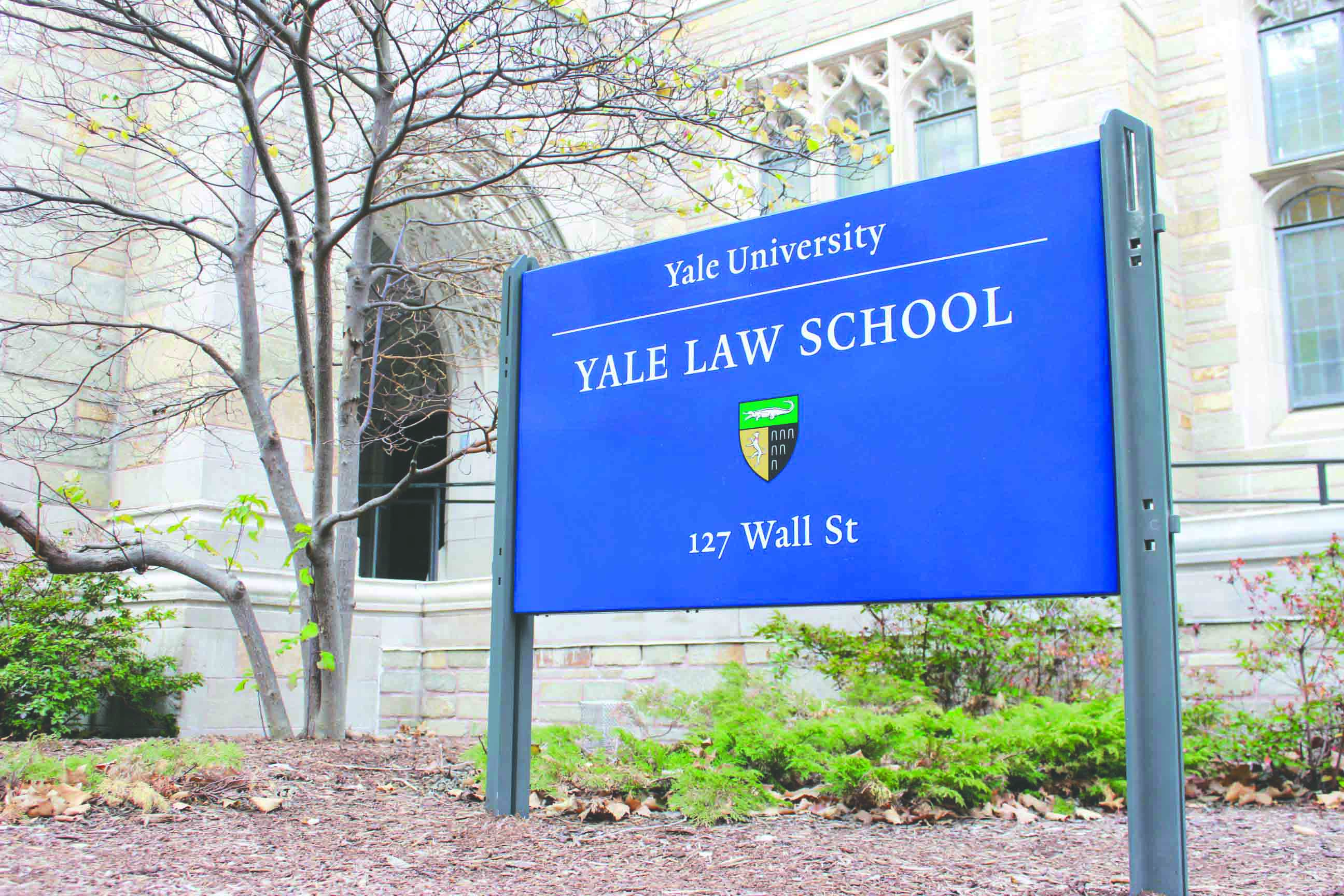
Yale Daily News
A federal judge in California on Nov. 20 permanently blocked the Trump administration’s attempt to deny federal funding to sanctuary cities. The injunction comes in part as a result of a Yale Law School clinic’s work with the San Francisco City Attorney’s office.
Trump issued an executive order in January calling for federal grants to be denied to city governments that refuse to comply with a federal immigration statute prohibiting localities from shielding immigrants from the Department of Homeland Security. The same month, the San Francisco Affirmative Litigation Project at Yale Law School filed the first case to address the order with the San Francisco City Attorney’s Office.
“Most lawyers would count themselves lucky to work on a case like this once over the course of a career,” Law School Dean Heather Gerken said. “Our students are working on cases like this before they even graduate.”
The lawsuit argued that the order’s enforcement action against sanctuary cities and threat to withhold funding exceeded the president’s constitutional power. Last week, Judge William H. Orrick of the U.S. District Court for the Northern District of California ruled the order unconstitutional, marking a major victory for the City Attorney’s Office and students involved with the clinic.
Jeremy Pilaar LAW ’18, a clinic member and San Francisco native, said the case was personally significant to him because President Donald Trump’s order threatened to withhold $1.2 billion from his home city. More broadly, Pilaar said, the clinic sought to defend the nation’s rule of law against the president’s attempt to claim spending powers that the Constitution exclusively reserves for Congress.
“One of the questions the San Francisco City Attorney always asks before filing a case is: How will this action affect city residents?” Pilaar said. “Here, the answer was clear: President Trump’s executive order posed an immediate threat to San Francisco’s finances and imperiled programs relied upon by thousands of vulnerable residents.”
Another clinic member, Bonnie Robinson LAW ’18, said the clinic had a similar sense that the administration’s order was both legally and morally wrong, but students’ personal connections to the issue raised the stakes of the task at hand. In addition, Robinson said, working with the clinic gives law students an opportunity to clearly see the relationship between their class work and future careers.
“More so than on other cases I’ve been involved in, the seemingly abstruse doctrines — standing, ripeness, commandeering and so on — that we puzzled over in class were crucial aspects of the case,” Robinson said. “It’s incredibly satisfying to put to use things we’ve absorbed in the classroom.”
According to Pilaar, clinic members worked with the deputy city attorneys at every step of the litigation, as the students helped to develop legal theories, brainstorm responses to the federal government’s motions and write legal memos.
Regarding the clinic’s efforts to secure the permanent injunction, Robinson said the students researched new legal questions that seemed to arise every day and often helped attorneys prepare for oral arguments. While the clinic’s work was sometimes tedious, Robinson said, simply participating in the process was inspiring. She described the attorneys at the San Francisco District Attorney’s office as “brilliant, kind and idealistic” — qualities she believes contributed to the recent court ruling.
“In an ideal world, cities wouldn’t need to sue the president in order to protect evidence-based sanctuary policies that have been in place for decades,” clinic member Emma Sokoloff-Rubin LAW ’18 said. “But they do, and they have, with San Francisco’s dedicated, creative attorneys leading the way. It’s an honor to be part of the team.”
The San Francisco Affirmative Litigation Project clinic was started in 2006.
Daniel Dager contributed reporting.
Natalie Wright | natalie.wright.nw287@yale.edu







